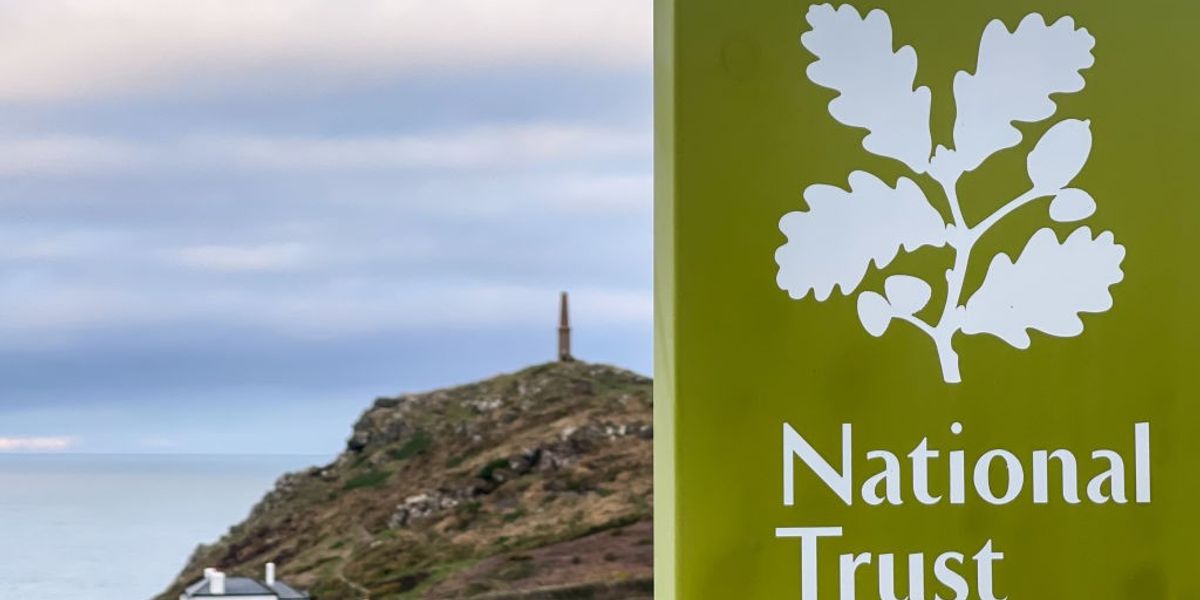The National Trust: Navigating the Waters of Activism and Public Perception
The National Trust, a cherished institution in the UK, has recently found itself at the center of a heated debate regarding its internal culture and the implications of its staff’s political leanings. Hilary McGrady, the charity’s director-general since 2018, has openly acknowledged that approximately 70% of the National Trust’s staff and volunteers identify as "progressive activists." This admission raises significant questions about the organization’s alignment with the broader public sentiment and its ability to serve its diverse membership.
The Progressive Activist Landscape
During a Labour Party fringe event hosted by the organization More in Common, McGrady highlighted the ideological divide between her staff and the general public. According to research conducted by More in Common, only 22% of progressive activists express pride in being British, a stark contrast to the 59% national average. This discrepancy suggests a potential disconnect between the values held by a significant portion of the National Trust’s workforce and those of its wider membership base.
The findings extend beyond national pride. The survey revealed that 85% of progressive activists view immigration positively, while only 43% of the general public shares this sentiment. Furthermore, 72% of these activists are "extremely worried" about climate change, compared to just one-third of the British population. Such statistics indicate that the progressive activists within the National Trust may represent a more extreme viewpoint that does not resonate with many of the charity’s supporters.
Bridging the Gap
McGrady’s candid acknowledgment of this ideological gap is crucial for the National Trust as it navigates its mission and public perception. She noted, “When I have a workforce of people who really want to push on this… I need to be really aware of how the public is receiving that.” This recognition of the potential for misalignment between the organization’s initiatives and the views of its members is essential for maintaining trust and support.
The National Trust has faced mounting criticism for what some perceive as "woke" tendencies. In 2023, the organization sparked controversy by replacing the term "ethnic minority" with "global majority" in a new walking project. Additionally, a calendar produced for charity volunteers excluded traditional Christian holidays while highlighting festivals from other religions, leading to accusations of cultural insensitivity. These incidents have contributed to a decline in membership, with 89,000 members leaving in the 2023/24 period, despite a five percent increase in visitor numbers to its sites.
The Backlash and Its Implications
The backlash against the National Trust’s perceived wokeness has prompted discussions about the balance between progressive values and the expectations of its members. Former chair Sir Simon Jenkins warned that the organization risks alienating its base by failing to navigate cultural issues effectively. This sentiment resonates with many who feel that the National Trust should prioritize its historical and cultural heritage over contemporary political agendas.
Despite the controversies, some voices within the political sphere, such as Labour MP Tom Rutland, have defended the National Trust’s initiatives. Rutland pointed out the absurdity of criticisms aimed at the organization for adopting vegan recipes in its tearooms, emphasizing that such practices had been in place for years without complaint. This perspective suggests that the backlash may be more about the perception of change rather than the changes themselves.
Looking Ahead
As the National Trust continues to grapple with these challenges, it must find a way to reconcile its progressive values with the diverse opinions of its membership. The organization has a rich history of preserving the UK’s natural and cultural heritage, and it is essential that it remains a welcoming space for all individuals, regardless of their political beliefs.
In conclusion, the National Trust stands at a crossroads. With a significant portion of its workforce identifying as progressive activists, the organization must navigate the delicate balance between advocacy and public sentiment. By fostering open dialogue and understanding the diverse perspectives of its members, the National Trust can continue to thrive as a beloved institution while remaining true to its mission of preservation and accessibility for all.
